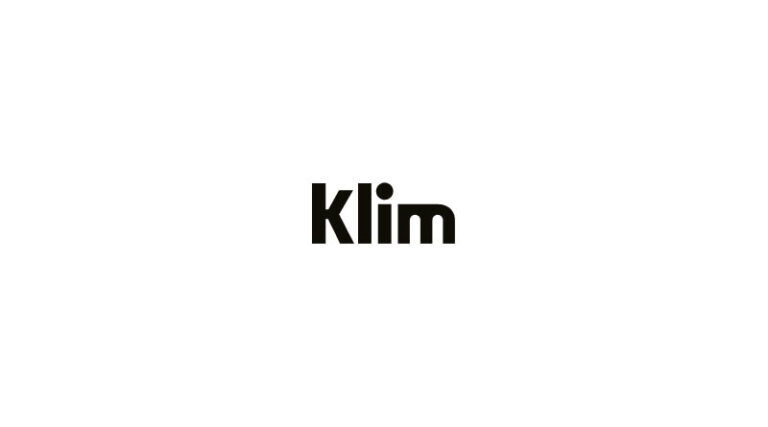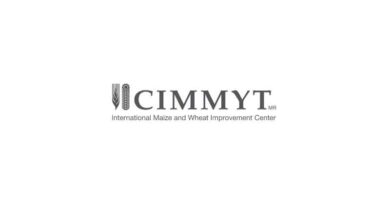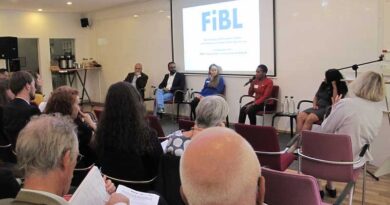
Klim Expands into UK to Support Food and Beverage Supply Chains
26 August 2025, London: Klim, a regenerative agriculture project developer and technology platform, has launched in the UK to support food and beverage (F&B) companies in reducing risks and emissions across their supply chains.
Klim already works with over 4,000 farmers and manages more than two million acres of land in Germany and Poland. Following a $22 million Series A funding round in 2024, the company has expanded into Slovakia and the Czech Republic earlier this year. Its UK entry includes the appointment of Rory Davidson as Head of UK operations.
The UK produces about 65% of its food. Recent weather conditions, including the wettest winter half-year on record (2023–2024) and the warmest and driest spring in 2025, have directly affected food production and costs. Potato prices rose 22% in early 2024, while yields for cereals and oilseed rape fell below the five-year average. Regenerative agriculture practices have shown that healthier soils are more resilient to these conditions, helping farms reduce the impact of climate stress.
“Supply chain resilience has become a priority, and the UK must strengthen its national food production,” says Rory Davidson, Head of UK, Klim. “Farmers using regenerative practices are seeing less disruption in yields, and there is strong interest in scaling these methods across the public and private sectors.”
Klim supports F&B businesses by enabling and rewarding farmers who adopt regenerative practices, including minimising soil disturbance, maintaining live roots, keeping soil covered, encouraging soil life, and reducing inputs such as fertilisers and pesticides. These practices can improve farm-level stability against droughts, floods, and other risks.
However, transitioning to regenerative farming requires major investment. Farmers may need to spend significant sums on machinery or cover yield losses during the initial transition period. The global funding gap to shift food systems to regenerative farming is estimated at $250–430 billion annually. In the UK, farm scheme payouts are set to be 11% lower in real terms this year compared with 2024–2025, while applications to the Sustainable Farming Incentive were paused earlier in 2025 due to budget limits.
“Incentivising and rewarding farmers is critical, especially in the UK where policy support has been reduced,” says Rob Gerlach, CEO and Co-Founder, Klim. “Klim provides farmers with agronomic guidance, documentation tools, and direct financial support through one platform.”
At the same time, the UK government and initiatives such as the Sustainable Business Target Initiative (SBTi) are raising standards for greenhouse gas (GHG) reduction, biodiversity, soil, and water management. Klim helps businesses meet these requirements through reduced tillage, lower fertiliser use, and carbon sequestration practices.
Klim has also introduced a footprint tool for crops and dairy, giving farmers a way to provide companies with accurate carbon data. All reduction and removal results are independently audited.
“The UK has a developed food sector and a strong farming base,” adds Rory Davidson. “Policy is one factor, but many F&B leaders already recognise the risks. Klim connects these companies directly with their farmers, providing the tools and financial support needed to make regenerative farming viable.”
Also Read: Corteva Introduces Bexavie® Insecticide in India for Fall Armyworm Management in Corn
📢 If You’re in Agriculture, Make Sure the Right People Hear Your Story.
From product launches to strategic announcements, Global Agriculture offers unmatched visibility across international agri-business markets. Connect with us at pr@global-agriculture.com to explore editorial and advertising opportunities that reach the right audience, worldwide.






